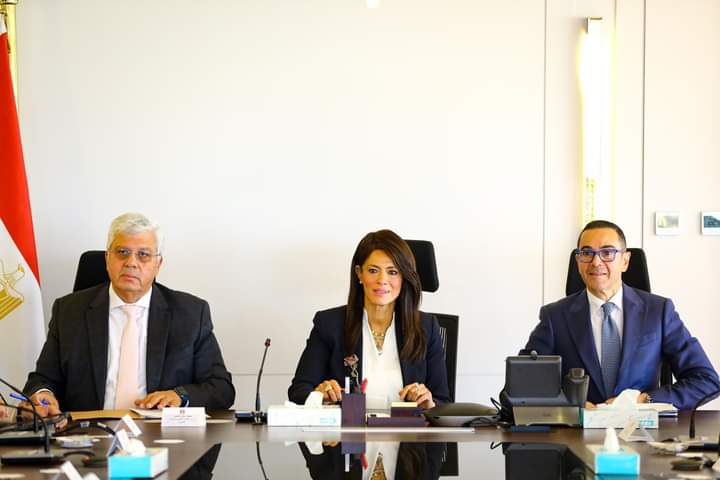
Minister Rania Al-Mashat presided over the inaugural meeting of the Ministerial Committee for Entrepreneurship, established pursuant to a Prime Ministerial decree. The committee's mandate is to bolster the capabilities of startups and the entrepreneurship ecosystem, thereby fostering sustainable and accelerated economic growth rooted in competitiveness and knowledge. This effort will also contribute to the creation of decent job opportunities.
The Minister referenced the
committee's founding decision, which underscores the government's commitment to
supporting the entrepreneurial community. She emphasized the committee's
dedication to providing comprehensive support to this vital sector, aligning
its efforts with the aspirations of entrepreneurs, investors, and supporting
entities. The committee seeks to unify initiatives and programs implemented by
national organizations to promote innovation and offer assistance to these
companies.
She stated that the ministerial
committee is laying the groundwork for a new era of government support aimed at
creating a favorable business environment for startups and bolstering the
competitiveness of the Egyptian economy. She emphasized the importance of
coordinating efforts with the permanent unit for entrepreneurship and startups
at the Cabinet, leveraging the unit's past accomplishments to maximize
outcomes.
She highlighted that the work of
the Ministerial Committee for Entrepreneurship aligns with the President's
commitment and directives to provide comprehensive support to startups and
maximize their contribution to the Egyptian economy. Moreover, the committee's
efforts are in line with the new government program, which prioritizes
supporting innovation and empowering startups.
She examined the most significant
hurdles and aspirations of the entrepreneurship community, delving into issues
such as financing gaps, developing incentives to attract foreign investors
(including tax exemptions), reviewing existing laws and regulations to ensure
their compatibility with international standards and the specific needs of
startups, and addressing other critical demands.
She explained that the technical team of the Ministry of Planning and Economic Development and International Cooperation had conducted a thorough analysis of a series of reports and diagnostic studies to pinpoint the most prominent challenges facing the startup community in Egypt. This analysis serves as a foundational step for continuous monitoring of the evolving demands of the entrepreneurship community and the development of targeted policies aimed at facilitating the access of Egyptian startups to regional and international markets while safeguarding local skills and capitalizing on the distinctive innovative capabilities of Egyptian youth.





